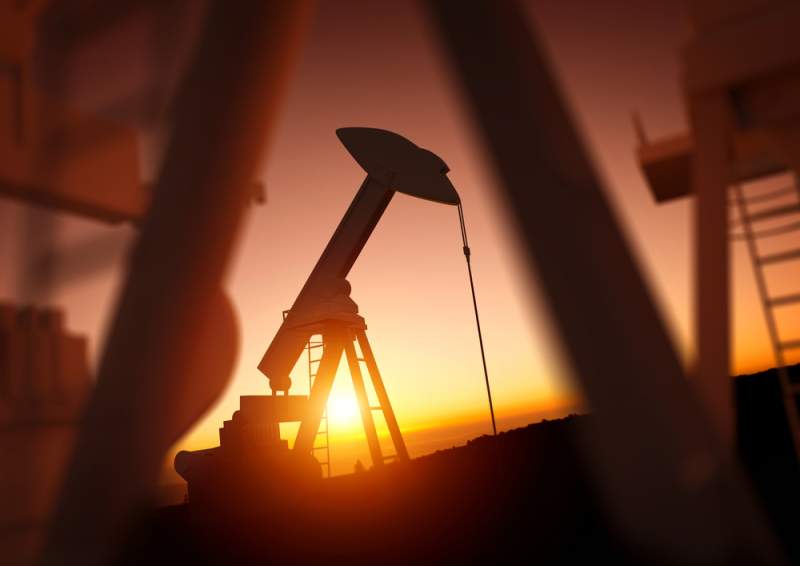Houston Car Accident Lawyers > Articles > Injuries > Common Oil Field Accident Injuries
Common Oil Field Accident Injuries

Common Oil Field Accident Injuries
The oil and gas industry employed 170,600 derrick operators, rotary drill operators and other workers as of October 2018, according to The Texas Tribune. These workers are often put in the path of bone-crushing machinery, explosive gases and cancer-causing chemicals. In fact, drilling is has a fatality rate that is nearly five times that of all other industries in the United States combined, according to experts. These injuries and fatalities are going to increase as the oil industry continues to boom.
Common Accidents On Oil Fields
The most common accidents on oil fields include:
- Slips, trips and falls: Oil is slippery and can result in dangerous falls when a person steps on the substance. Petroleum and gas extraction workers often have to work on places located high above the ground and for that reason can suffer serious fall injuries if they trip or slip.
- Fires and explosions: Oil and gas can easily catch fire and produce massive explosions when they are ignited. Open fires, friction, static electricity, and other heat sources can easily ignite these substances.
- Chemical exposure: People working in the oil industry are also exposed to chemical exposure. For example, hazardous chemicals such as hydrogen sulfide are some of the dangerous gases released when drilling for oil.
- Equipment failure: When heavy equipment fails it can cause significant injuries. Equipment can fail because of mechanical failures caused by overuse, poor maintenance, inexperienced machine operators, or inadequate safety inspections.
- Vehicle and Truck Accidents: Drivers operating vehicles or trucks on oil field sites can collide with stationary objects because of fatigue, drug or alcohol abuse, or improperly maintained vehicles.
Types Of Injuries On Oil Fields
 The most common types of injuries that occur on oil fields include:
The most common types of injuries that occur on oil fields include:
- Back and neck injuries: these include pinched nerves, herniated or ruptured discs, paralysis and broken vertebrae.
- Burns: Working with highly flammable substances puts you at risk of first second, or third degree burns. You are also likely to get horrible scarring and blistering.
- Head injuries: head injuries include concussions, traumatic brain injuries, facial lacerations and facial fractures
- Electrocution: These are likely to happen when machinery fails
- Amputations and crush injuries: Objects falling from elevated platforms or machinery can amputate or crush an individual’s limbs
Can These Injuries Be Prevented?
There are very detailed safety requirements provided by the law for the oil industry. Most oil companies cut corners as far as safety is concerned during boom times to manage production pressures. This often means less attention is paid to the safety of the workers. Generally, injuries on oil fields can be prevented in the following ways.
- Carefully planning out jobs
- Consulting workers when planning
- Training workers adequately in all aspects of safety
- Regularly maintaining the equipment used in the various jobs on oil fields
Oil and gas companies in the United States have been enjoying record profits in the last several years. This means they can afford to implement safety measures that can prevent injuries to ordinary workers. If your company denied you compensation for a preventable injury, contact an experienced lawyer to help you file a claim against the company.
